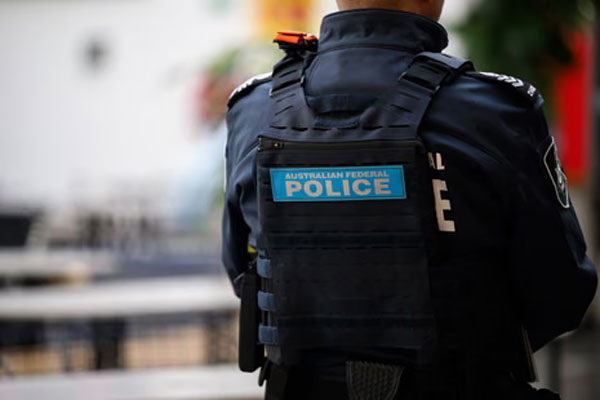Daijiworld Media Network - New York
New York, Sep 17: In a nation grappling with a disturbing rise in politically and ideologically motivated violence, two young alleged assassins appeared in U.S. courts this week, reflecting the growing volatility within certain radicalized circles.
In Utah, 22-year-old Tyler Robinson appeared remotely in court to face charges for the high-profile killing of Charlie Kirk, a prominent conservative youth activist and vocal supporter of U.S. President Donald Trump. Prosecutors have signaled their intent to seek the death penalty—an option still available in Utah, where execution by firing squad remains legal in some circumstances.

According to investigators, Robinson’s own mother recognized him from widely circulated images of the suspect and informed his father, who then confronted Robinson and arranged for his surrender. Authorities say Robinson admitted to the killing in a message to his roommate, who is in the process of gender transition, stating he committed the act because “the guy spreads too much hate.”
In New York, 27-year-old Luigi Mangione appeared before a judge on charges of murdering Brian Thompson, CEO of United Healthcare, in a shocking December shooting in the heart of Manhattan. While terrorism-related charges were dismissed, the judge allowed murder charges to proceed. New York does not have the death penalty, but Mangione may still face capital charges in federal court, where both he and Robinson are also being prosecuted under separate federal statutes.
Mangione has become a polarizing figure, with some viewing him as a symbol of outrage against the American health insurance system. In the wake of the attack, a manifesto surfaced in which Mangione railed against what he described as "parasitical" health companies that prioritize profit over people. A legal defense fund launched by his supporters has already raised over $1 million.
Both cases are part of a broader pattern of ideologically driven violence across the U.S., many involving young individuals with extreme views or mental health issues.
Notable incidents this year and last include:
• Thomas Matthew Crooks (20), who attempted to assassinate President Trump during a Pennsylvania campaign event. Trump was injured, one person was killed, and Crooks was fatally shot by a Secret Service agent.
• Robin Westman (23), a transgender woman, who shot and killed two children and injured 18 others at a Minneapolis church event last month before taking her own life.
• Shane Tamura (27), who fatally shot four individuals in July at the NFL’s Manhattan offices, citing brain trauma from playing football as a motive.
• Vance Boelter (57), accused of killing former Minnesota House Speaker Emerita Melissa Hortman and her husband in June.
• Cody Balmer (38), who allegedly attempted to assassinate Pennsylvania Governor Josh Shapiro by setting fire to his official residence in April.
These events, spanning a range of political and ideological motives, have intensified national debates around radicalization, mental health, political extremism, and the responsibility of institutions. With both Robinson and Mangione now facing potential federal death penalty proceedings, their cases could become defining moments in how the U.S. justice system handles ideologically motivated violence.